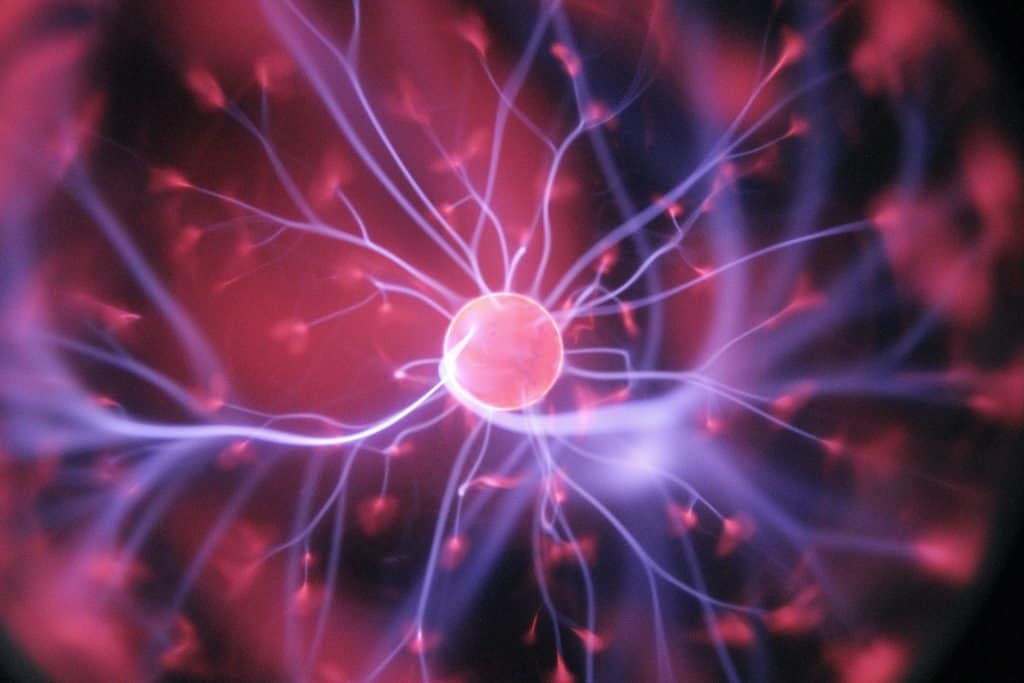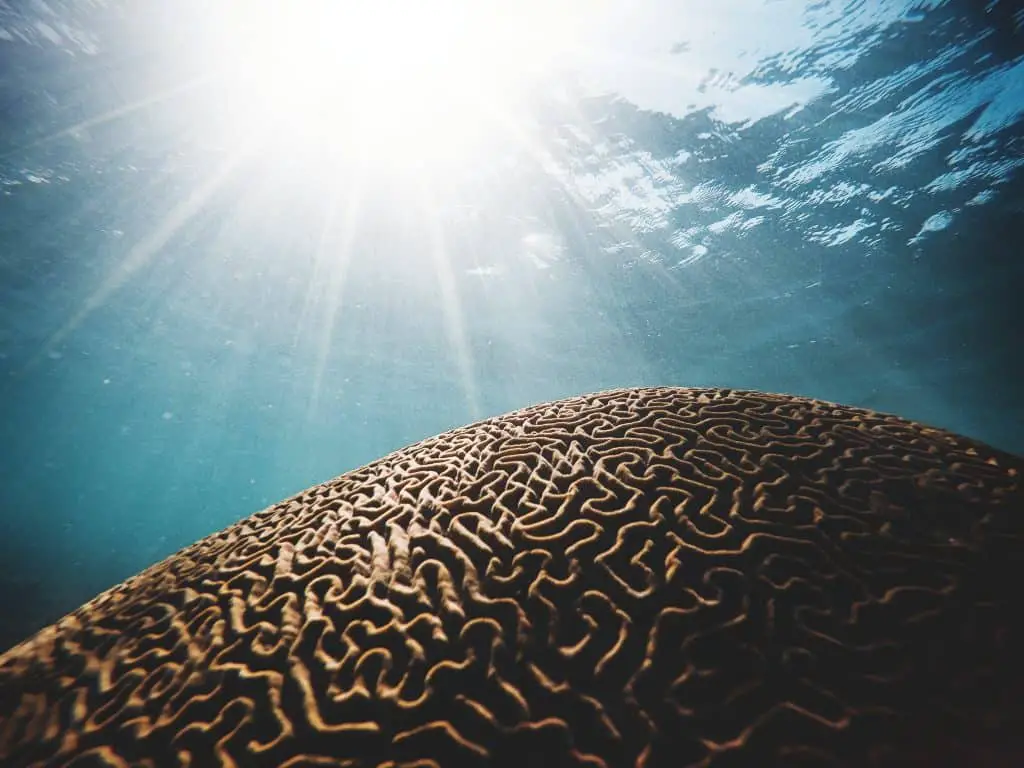Last Updated on October 24, 2022
How do science and religion converge to influence the way we think and interact with the world?
Neuroscience may have the answer. Scientists have long debated over how spirituality and neuroscience interact, specifically in regards to religious experiences and neuroscience.
Scholars who devote themselves to understanding this phenomenon called neurotheology tried to connect and view things in a neuroscience light.
But even so, there are limits to how far science alone can go to understand the full breadth of spirituality. Let’s look at insights into how they were formed.
Which brain part controls spirituality?
Some of the parts of our brain that activate or get stimulated when undergoing a spiritual activity include:
- The ventral medial prefrontal cortex
- Left temporal lobe
- Parietal operculum
- Parietal lobes
How it affects our brain differs greatly from one another. They’ll be explored in more depth in the following sections.
What is neurotheology?
Photo by Halacious on Unsplash
Neurotheology is a relationship between religion and brain science. It’s a type of spiritual neuroscience that seeks to find where our religious experiences originate.
The word was coined by Andrew B. Newberg, a professor and director at the laboratory for spirituality and neuroimaging at the University of Pennsylvania.
It’s also coined by Michael Baime, an associate professor of medicine in psychiatry and neurology at Penn Medicine. He studies spiritual practices as a part of his research.
Neurotheology can be used to find the neural basis of religious experiences. This can include how meditation helps us understand religion from a scientific point of view. It may also intersect with how our brain works when deep in prayer.
How does spirituality affect the brain?
Photo by Daniel Öberg on Unsplash
Dr. Andrew Newberg is a dominant figure in the field that merges spirituality and how our brain gets affected by it. Attempting to study this, his book, “How God Changes Your Brain”, depicted how we react and how our brain works.
His work is the synthesis of neuroscientific studies on the effects of meditating and religion in a human being’s life. This further gave insights on which gives an insight into spirituality altogether.
Dr. Newberg has studied and researched various nuns, monks, and Buddhists to understand how different their brain works. Surprisingly, he’s denoted an activation in the frontal lobe among participants who practice religious rituals and mantras. The frontal lobe control functions such as self-control, long-term planning, social behavior (like empathizing with other people), and verbal reasoning.
According to Dr. Newberg, “[The activation] depends to some degree on what the practice is”.
Concentrating dutifully when repeating a prayer or a mantra-based meditation tends to help develop this part of the brain.
But, interestingly enough, when the practitioner speaks in tongues or acts as a medium, the frontal lobe decreases stimulation. That activity shifts over to the thalamus.
The thalamus acts as a gateway to get sensory information from all over your body. It then analyzes that information and sends signals to the appropriate areas of your brain to help you respond.
This suggests that a different part of their brain that doesn’t control speech activates rather than the normal speech centers.
What falls under a spiritual experience?
A common misconception among people is that spiritual experiences are similar to religious experiences. In fact, it’s best if you take spirituality and religion separately because the two do not overlap completely.
Spiritual experiences is defined as a feeling or emotion of closeness or connection with immaterial, intangible, and other supernatural beings. The term spiritual experience encompasses all concepts involving non-materialistic rituals and experiences rather than just religion.
A spiritual experience can be listening to music that you find inspirational or connecting with nature by watching the sunset. Another one is being in love with someone and feeling like you’re one with them. Or, perhaps, having a child that makes you feel connected to the whole world.
A spiritual experience helps us understand our place in the world and how we can improve as individuals.
How does meditation affect the brain?
All the religious and spiritual practices are rituals and meditation practices are a singular core part of them. Dr. Newberg has stated that meditation increases activity in an area called the right ventral medial prefrontal cortex. This region is highly stimulated in people who meditate regularly.
That region, along with the left temporal lobe and parietal operculum, aggregates several functions. This includes spatial visualization, abstract thinking, sense of control over the environment, and self-reflection. These regions are the center for creating a narrative about who we are and our place in the world.
Along with meditation, repetitive prayer could also help boost activity in parts of the brain connected to attention and concentration. Some even prepare their meditation area by placing candles and incense to make them relax more.
This can make a person emotionally stable and allows them to live in the present moment – a crucial aspect of spirituality.
Do we become more spiritual when parts of our brain are damaged?
Co-author Salvatore Aglioti, a cognitive neuroscientist at the Sapienza University of Rome has something to say about this. He says that two parts of the brain experience more spirituality when damaged. These are the left inferior parietal lobe and the right angular gyrus.
The left inferior parietal lobe controls social skills and allows you to relate experiences with other people. This helps us empathize with others, understand time, allow us to create complex plans, and plan for the future.
The right angular gyrus is responsible for visual-spatial processing and attention. Together, vision and attention help us see with clarity.
According to the study in Journal1, these findings uphold the spiritual experiences mystics feel when they’re detached from their body.
How the spiritual experiences work for these mystics
The right angular gyrus works together with our visual cortex to help us process what we see around us. When mystics experience a sense of detachment from their body, the signals sent by the angular gyrus are processed differently.
This causes an increased feeling of spirituality and develops a perception of brain malleability regarding complex personality traits.
How does the parietal lobe affect us spiritually?
Another part of the human brain that can influence religious and spiritual experiences is the parietal lobe. It assists in forming images in your mind as well as understanding how we can move our bodies through space.
When the parietal lobes are damaged, patients will gain distorted beliefs regarding how their body moves and interacts with objects.
Moreover Newberg cited Dr. Brick Honstone’s study on how right parietal lobe damage affected us. He states that the damage patients feel an increased awareness of their self-transcendent state of mind.
Was Newberg able to validate his study regarding the parietal lobe?
Not quite. Newberg used a functional magnetic resonance test (fMRI) and single-photon emission computerized tomography (SPECT) imaging to validate his test.
One limitation of brain imaging is the difficulty in mapping brain centers for different activities. The process is considerably more difficult compared to how phrenologists do it. For one, the imaging process is highly dependent on other brain activities, despite language expression being concentrated in one area. The malleability of the brain also alter results as other parts of the brain take over a damaged part’s functions.
Another roadblock is the skepticism of the imaging process to give a detailed overview of someone’s actual beliefs. Until now, Newberg recognizes that even after 20 years of research, it’s still difficult to make any progress. Especially considering that everyone sees God differently.
The future of neuroscience and religion
“Despite how much the field [of neurotheology] has grown, we are really only scratching the surface,” says neurologist Dr. Newberg.
One of the things neurotheology can accomplish is determining how our spirituality and religion affect our holistic health. This includes mental health and physical health.
Another thing that crossing neuroscience and theology can accomplish is the formulation of novel approaches to therapeutic practices incorporating spirituality. By undertaking and expanding more on the neuroscience of spirituality, researchers can get a better idea of our brain activity. It also helps us map our brains and understand the human experience in a way that surpasses biology.
Lastly, getting to the bottom of the nature of neurotheology can help us find answers to epistemological questions about reality. If an answer is what awaits us.
Without these answers, religion and spirituality will remain at the state it is today. As Dr. Newport sums it up, “I would argue that until our brain undergoes a fundamental change, religion and spirituality will be with us for a long time.”
Closing Thoughts
There’s no doubt that religion and spirituality have greatly shaped our culture. They’ve contributed to the shaping of cultures across the globe for thousands of years.
However, it seems as if we are still unable to pin down their origins. Moreover, with modern advances in neuroscience, understanding how those spiritual experiences work has become a problem.
What do you think? How much will we be able to unlock about our spirituality thanks to advancements in neuroscience? What do you predict will happen in the next 100 years or so? Let us know in the comments below.


